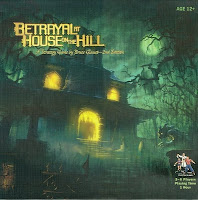"There is a secret that real writers know that wannabe writers don't, and the secret is this: It's not the writing that is hard. What's hard is sitting down to write."
-- David Mack, Kabuki: The Alchemy
Do you want to be a pro?
I didn't at first. I knew I wanted to write. I wanted to prove to myself I could finish a novel, maybe publish it if anyone was interested (little did I know finishing a novel is the easy part).
Then I learned about the system. I read the blogs of authors and agents. I researched everything I could about writing a good query letter. I looked up statistics on debut author's advances. And as I poked my head into the publishing world, I discovered something.
I really, really wanted to be a part of it.
Something weird happened that day, and has been happening since. I wanted to be a pro, and suddenly I began acting like one. I tried to write everyday. I paid attention to what worked and what didn't on my blog, even kept a schedule. I became more professional (a term which often means "silent") when voicing my opinions on the internet. Sometimes I even interacted with people in real life(!) thinking they might someday buy the book I don't have published.
Totally insane, but helpful, I think. If you're writing for fun or therapy, and you don't care whether you ever sell anything, then who cares? Do what you want. BUT if you want to become a professional someday, now is a good time to act like one. It might feel silly at times, even a tad arrogant -- and you should never, ever let it get in the way of real life.
But for all that, it works.
"You imagine what you want to be and you act as if you are that. Ghandi said, 'Be the change you want to see in the world'.
If you want to create, you must treat it with the respect and dedication that a pro would."





